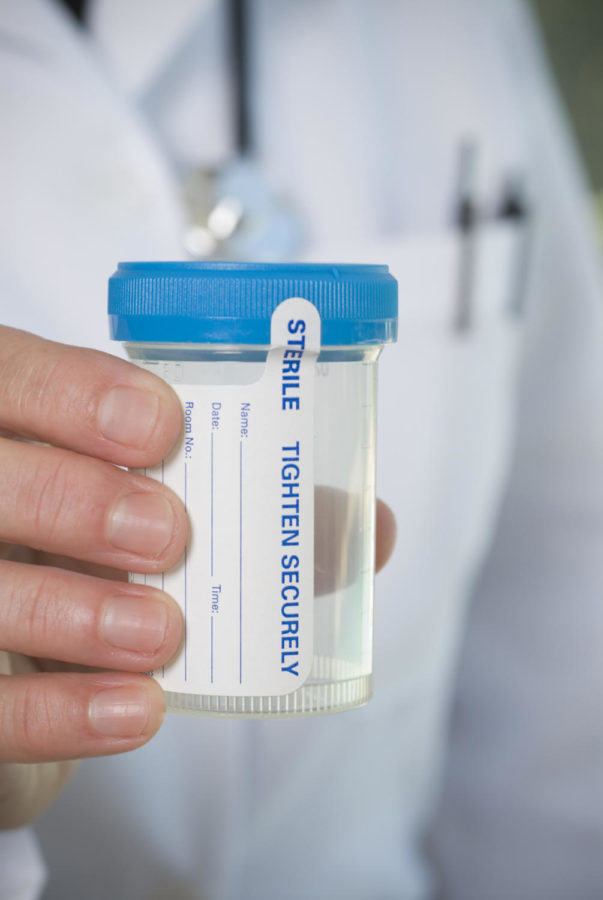Carstens: Pregnant women with drug history should be subject to drug tests
Columnist Carstens believes that pregnant women with a history of drug abuse should be subject to drug tests and punished for having drugs in their system while pregnant.
October 28, 2015
Approximately 1.5 in every 1,000 infants is born with fetal alcohol syndrome every year in the United States alone, and many others are born as crack babies. However, this has been an issue since 1989, when a hospital in South Carolina screened pregnant women who entered its facilities and then drug tested certain women. The hospital then turned positive tests over to the police, and the mothers could potentially go to jail.
The case became Ferguson v. City of Charleston, and in 2001, the Supreme Court ruled 6 to 3 that drug testing these women was against the Fourth Amendment because the tests were done without consent, violating the women’s right to a warranted search.
The hospital posed a serious threat to the health care rights of women in our country. I believe what the hospital did was morally sound — it had the best interest of the children at heart. However, by cracking down on the mothers through these drug tests, the hospital went too far. The hospital cannot violate someone’s constitutional rights in order to protect infants, yet these incidents continue to take place.
A case earlier this year included an Alabama hospital quietly administering drug tests to pregnant women. Despite doing drugs while pregnant is a form of child abuse in Alabama and hospitals are mandatory reporters, they cannot subject these mothers to drug tests without their consent.
By subjecting pregnant women to drug testing, hospitals are ultimately scaring away other women who may be in need of medical care because of the fear of being forced to take a drug test. The Ferguson v. Charleston ruling was correct because the decision was better for the general population.
While many of these mothers may not be partaking in recreational drug use, those who are and know about hospital practices like these may find alternative ways to treat themselves and not go to the doctor, putting the child at even more of a risk. This is a valid reason and one of the strongest behind why the Supreme Court made the decision it did.
The South Carolina hospital’s reasoning behind enacting such a controversial policy was an ethical one because it was trying to protect unborn children, but the way it was brought about was wrong. It could have figured out a way to implement a policy that did something with similar effects without violating the Fourth Amendment.
The Fourth Amendment states that people have the right to protect themselves, their property and their effects against unreasonable searches and seizures. The amendment also states that warrants shall be issued only if there is probable cause.
The South Carolina hospital drug tested women without their consent, which violates the unreasonable search and seizure provision in the Bill of Rights. It violated this law simply by issuing these tests — the slight suspicion that a soon-to-be-mother is currently or has been doing drugs or drinking alcohol while pregnant is not a probable cause for a drug test.
I believe the hospital in South Carolina was trying to do a good thing by trying to lower the number of children affected at birth by mothers who drink or do illegal drugs. One of our first concerns as a nation should be those of our children and their futures.
The actions the hospital took to achieve its goal were wrong, but I believe there is validity to its actions. Hospitals and the government should come together and try to make some sort of law that punishes mothers for having drugs in their system while they are pregnant.
For example, if a woman has a proven history of drug or alcohol abuse within a certain number of years, that should make it legal for them to be subjected to drug tests. This would get child services involved to prevent infants from being brought into an unsafe environment. Our government and healthcare facilities need to work together to get the job done.







